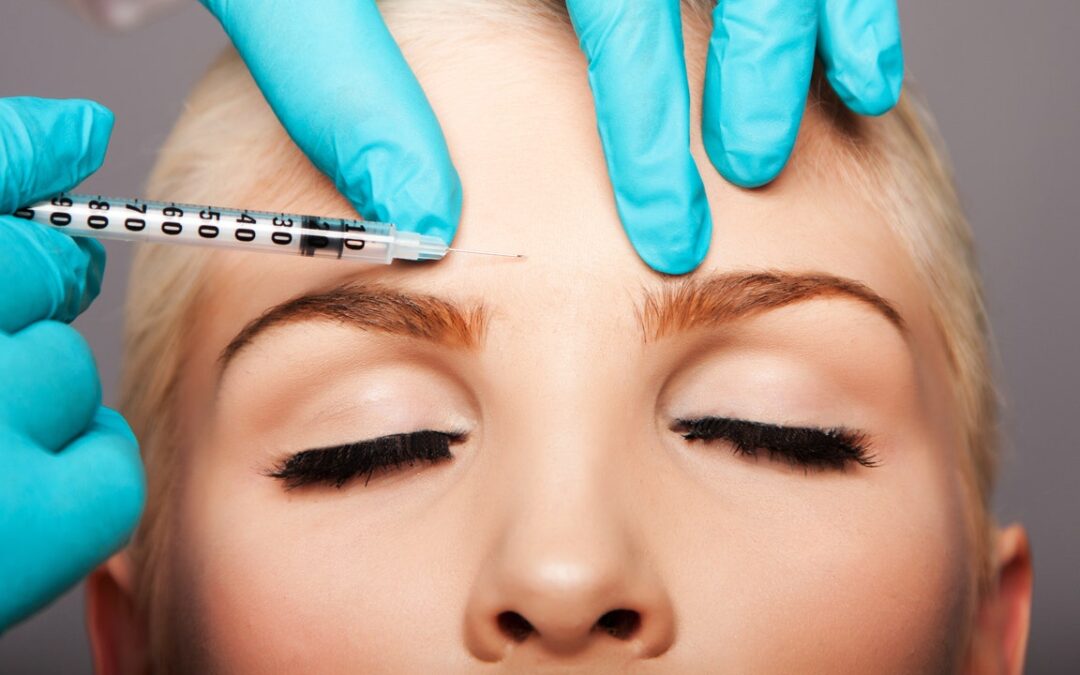If you regularly get neuromodulator treatments (like Botox, Dysport, or Xeomin) and have noticed they seem slightly less effective, don’t last quite as long, or require more frequent touch-ups, there may be a surprising reason. A new study has found that neuromodulator injections may be less effective in those who have received the COVID-19 vaccine. But before we go any further, we cannot stress this enough: This is no reason not to get vaccinated or boosted. 1. This study was small. 2. Most people will probably still find a neuromodulator that’s effective. And above all 3. Forehead lines are always better than severe illness or death. Now we will continue and share everything we know so far about this phenomenon.
The goal of the study was to see if there was a potential influence from the BNT162b2 mRNA COVID-19 vaccine (that’s a mouthful but translates to the Pfizer vaccine, which — like the Moderna vaccine — uses mRNA technology) on Botulinum toxin type A (BTA) injections. The study does not specify a brand of Botulinum type A injection so it could be any of the four brands that use BTA: Botox, Dysport, Xeomin, and Jeuveau. (Daxxify also uses BTA but is just now starting to roll out across the country so couldn’t have been included here. )
This was a small study, only 45 subjects, with an average age of 48.3. The group was 89% female. The results found that the average time between Botox injections after a COVID vaccination was shorter than before — 96 days, compared to 118 (that’s about three-and-a-half versus four months) — leading researchers to believe that Botox “might be less effective after COVID-19 vaccination.”
“The last line is imperative here, as it includes the word ‘might,'” says Mona Gohara, MD, a board-certified dermatologist in Hamden, Connecticut and associate clinical professor of dermatology at Yale School of Medicine. “The study raises an interesting possibility, but is not conclusive and calls for additional research.”
Shari Marchbein, MD, a board-certified dermatologist in New York City and assistant professor at NYU School of Medicine, also points out that the study shouldn’t be considered a definitive answer given its small size. “The most important thing is that it’s a very small study and we must do larger studies, multi-center studies, multi-country studies,” she explains. “The fact that there were only 45 people … that’s extremely small. I treat more patients than that in a week.”

